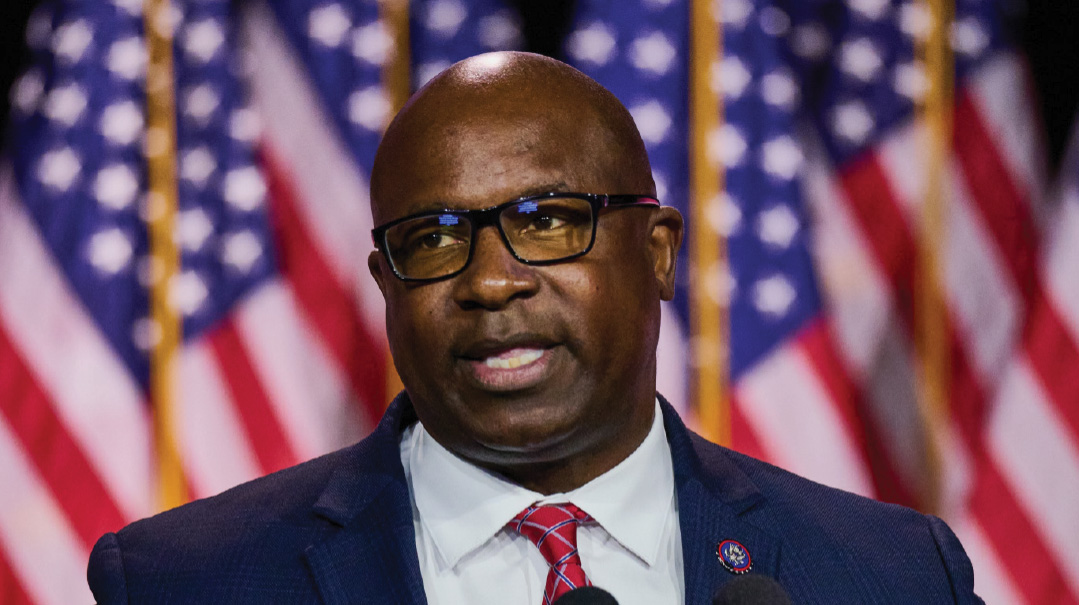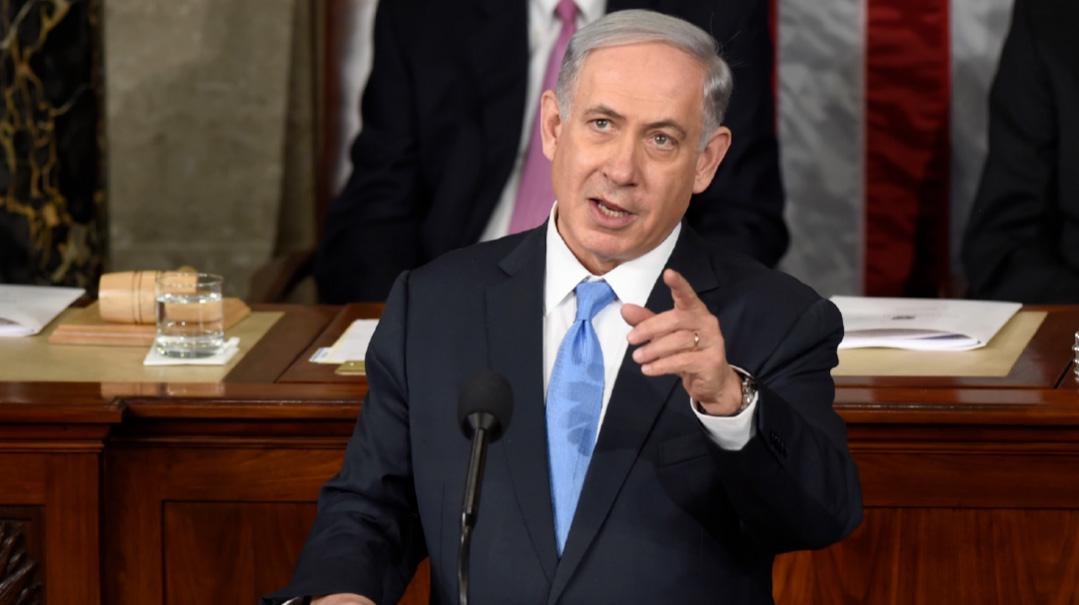The Feelings Are Mutual

Netanyahu and Gantz divided on Israel-US defense pact

Binyamin Netanyahu and Benny Gantz couldn’t seem to compromise on anything, including who would serve first as prime minister, and for how long, and as a result, both bear responsibility for leading Israel to its third election in the past 365 days.
Much of that was personal, political, and petty.
One policy disagreement between them worthy of serious debate, however, concerns the merits of a mutual US-Israel defense pact. President Trump floated the idea days prior to Israel’s September election. One of Israel’s leading supporters in the US Senate, Lindsey Graham (R-SC), followed up with a Fox News op-ed last month favoring passage of a “narrow treaty,” based on principles drafted by a special team of military and political experts assembled by JINSA, the Jewish Institute for National Security of America — a Washington DC-based think tank.
Netanyahu supports the initiative. Gantz is opposed.
Don’t expect them to debate this in public. After 1996, when Netanyahu clobbered Shimon Peres in a live, face-to-face debate in advance of a rare, direct election for prime minister, no one has dared to joust verbally with Bibi one-on-one. Especially Gantz, who tends to stumble every time he loses access to a teleprompter.
The idea of a formal US-Israel defense pact is not new. Senator William Fulbright (D-AK) proposed such a pact in 1970 as chairman of the Senate Foreign Relations Committee. At the time, Israel rejected that idea out of hand because it understood that the senator did not have Israel’s best interests at heart.
“He clearly designed it precisely to ‘rein in’ Israel from what he believed (rightly or wrongly) were provocative actions that could drag the United States unwillingly into conflict where its own interests were not engaged,” wrote Robert E. Hunter, a former US ambassador to NATO, in one of his recent blogs.
Left-wing Israeli think tanks have also promoted the idea of a US-Israel defense treaty on the assumption that if Israel felt protected under an American security umbrella, it would be more willing to take risks for peace — meaning making far-reaching territorial concessions to its Arab neighbors.
So there are serious risks stemming from any treaty that would formalize geopolitical concepts that have proven dangerous to Israel’s security in the past.
Israel gained nothing but lost many lives and ceded much land during the Oslo withdrawals from Judea, Samaria, and Gaza. The same was true when it abandoned its security zone in southern Lebanon, or when it curtailed military campaigns in Gaza to placate perceived American interests or demands. It’s hard to argue that Israeli acquiescence made the Middle East safer for Jews or Americans.
With the Trump administration still occupying the White House, Israel may soon have an opportunity to ink a treaty on more advantageous geopolitical terms, freeing it to take the necessary action to deter its enemies — mainly Iran — and establish stronger claims to its Biblical heartland.
The treaty would benefit the US as well. Counterintuitively, a narrowly framed yet unambiguous military pact could bolster Israel’s status as America’s “extended strategic hand” in the region and enable President Trump to keep one of his campaign promises — to extricate the US from overseas military commitments.
That being said, Netanyahu’s avid support for a US-Israel defense pact is understandable. Benny Gantz, on the other hand, should clarify his opposition and explain whether he has a different, more effective plan for the future.
(Originally featured in Mishpacha, Issue 789)
Oops! We could not locate your form.







